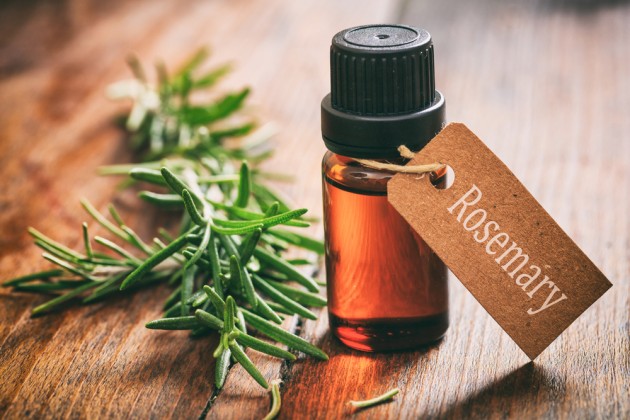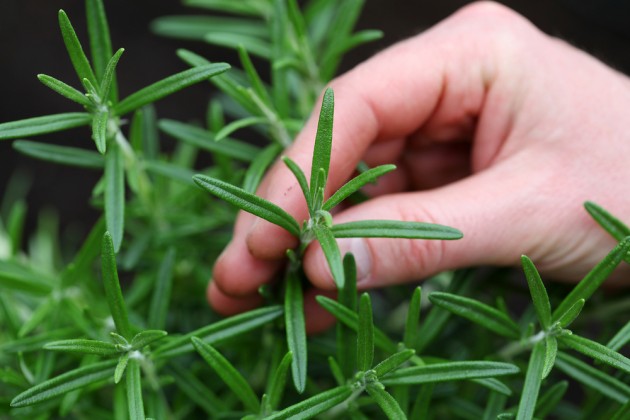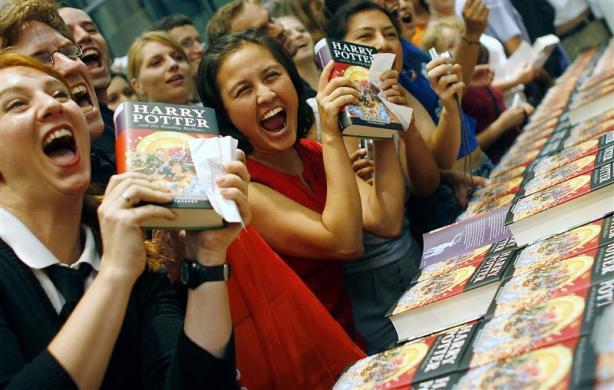
Your first memory probably never happened, according to a new study
Do you know what your first memory is?
I know mine was on my parents wedding day – I'm being lifted off a white bench outside by someone and I can see my little white sandals on my feet as I look down at them. That's it. A three-second lightning-quick snapshot. I was a few weeks away from my second birthday.
I can still see my shoes as I get picked up off the bench – but did it ever actually happen?
A study in the journal Psychological Science says that more than likely it's a fabrication. Spooky, right?
Researchers from the UK asked more than 6,600 people about their first childhood memory.

According to Science Alert, they found that 2,500 of participants – almost 40 percent – said that they had formed memories before the age of two-years-old. More than 890 of those people said that their their first memory takes place before they turned one.
The scientists now say though that those memories are completely imagined…they're not real memories.
So why are we convinced that they are?
The study explained that our brains seem to be simply incapable of retaining information from before the age of three.
However, the thing is, the scientists found that people's memories were age-appropriate.
This means that they're not memories that got muddled in time because they mention prams, cribs or wanting to communicate before knowing how to talk.
Does it matter if the memories don’t correspond to some ‘reality’? Remembering is a way of narrating ourselves & we do this in collaboration w others #memory #biography #narrative #identity #stories #relationships #askasociologist #askananthropologist https://t.co/nDNZUuPOpm
— (((Melissa Nolas))) #NoCapitulation (@smnolas) July 19, 2018
Now this is the interesting bit.
The research suggests that these recollections are actually being pieced together from photographs people have seen and stories they may have been told etc.
"We suggest that what a rememberer has in mind when recalling fictional improbably early memories is an episodic-memory-like mental representation consisting of remembered fragments of early experience and some facts or knowledge about their own infancy/childhood," explained psychologist Shazia Akhtar.
So do you think that you've created events in your mind that never took place?
We all know that memory isn't the most reliable of things and this study certainly gives weight to that.



























